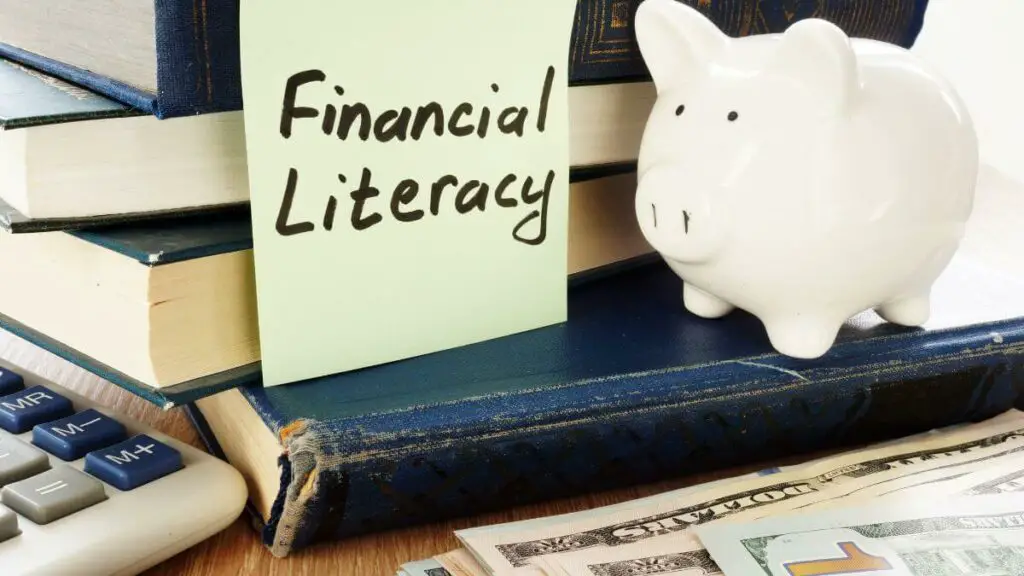Financial literacy is important for lifetime success, but one benefit of financial literacy that is likely overlooked by most is stress reduction and the ability to focus on a task. Research has shown that being poor is associated with many struggles beyond financial, especially in terms of stress. This chronic stress can hinder good decision-making skills and make it hard to focus on complex tasks. Fortunately, more institutions of higher education in the United States are helping provide students with financial literacy tools to mitigate these problems. A grant program is allowing four institutions of higher education – Monroe Community College in New York, Renton Technical College in Washington, Columbus State Community College in Ohio, and Winston-Salem State University in North Carolina – to provide financial coaching programs.
The grant, offered by the National Council for Workforce Education (NCWE) and funded by JPMorgan Chase, has benefited seven colleges and universities and is modeled off of a program begun in 2015 by Westchester Community College in New York.
Financial Literacy Coaching Improves Student Outcomes
Recent research shows that a majority of college students feel financial stress, with almost half of these reporting that the stress is so acute that it hinders their focus on studying. Fortunately, the Westchester Community College financial coaching program helped participating students save money, reduce their debt by an average of almost $2,500, and improve their credit scores. This helped reduce student stress and improve their academic performance, and the NCWE grant will expand the program to other schools.
Utah State University offers free financial coaching to its students through its Student Money Management Center. The University of Wisconsin – Stevens Point does the same through its Financial Wellness Coaching program in the College of Professional Studies. At Smith College in Massachusetts, a new program at the school’s Innovation and Entrepreneurship Center is training students to Financial Literacy Empowerment Fellows who will go on to coach and counsel other students. The program is aimed at helping students who are low-income or from marginalized groups, especially those who are the first in their families to attend college (first-generation college students).
Texas Tech University hosts the Red to Black Peer Financial Coaching program, where students pursuing Personal Financial Planning (PFP) degrees counsel other university students. These counseling sessions and seminars are available both online and in person. Similarly, Tarleton State University in Stephenville, Texas, also hosts peer financial coaching through its “Be Texan Smart” program, with seven students currently able to assist. On the other side of Texas, the University of Houston – Downtown also offers financial coaching and financial literacy education through its Financial Coaching and Economic Stability Lab.
The University of Nevada at Las Vegas (UNLV) has a goals coach and offers financial coaching for students who receive grants through a partnership with U.S. Bank, which has a branch on the university campus. U.S. Bank offers financial coaching and education at some forty colleges and universities nationwide through campus branch banks. This is very beneficial, although many students may prefer to have financial education provided by the school instead of a third party.
Hopefully, additional grants will be made to expand these financial literacy and financial coaching programs to all colleges and universities nationwide. The cost of the programs will almost certainly be quickly recouped by the improvements in student outcomes. When more students can focus and graduate with less debt, the economy wins!


